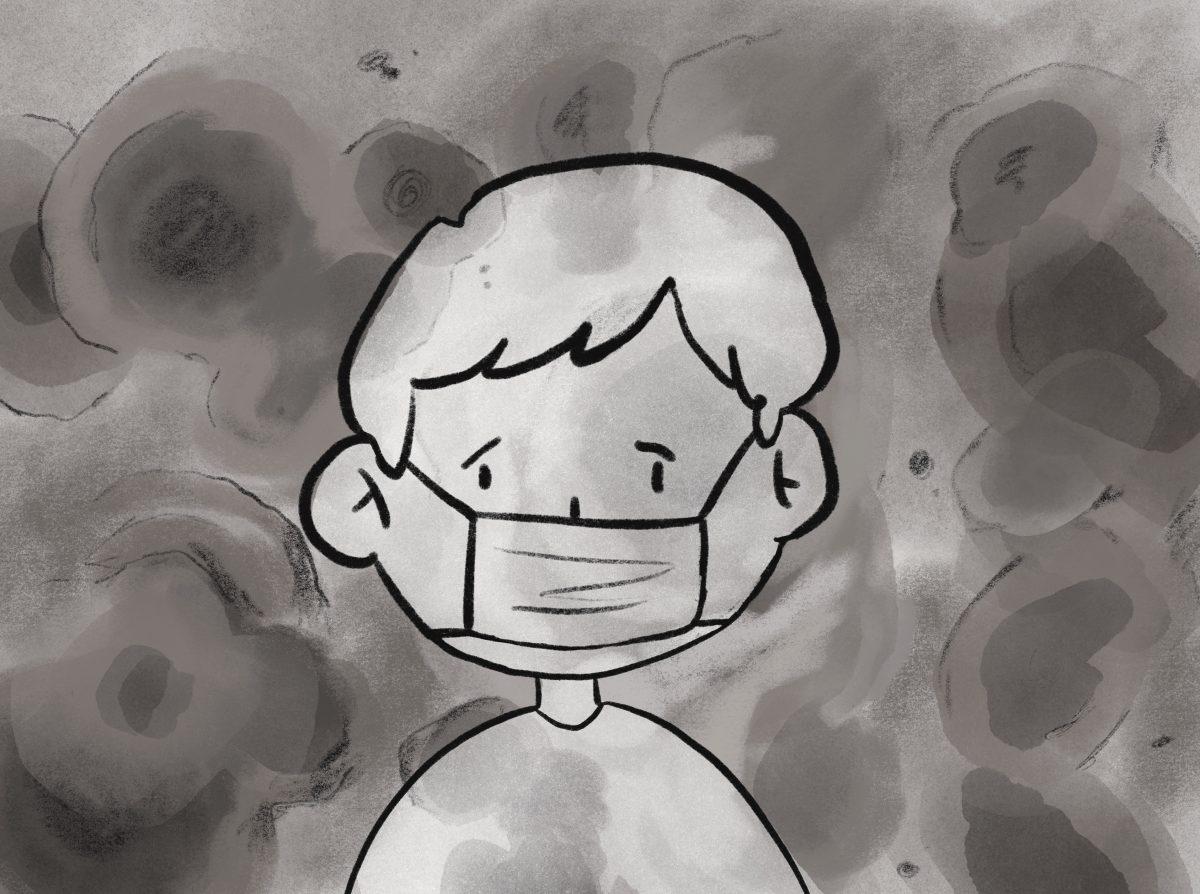Mold and mildew are a concern for students living on campus, especially for those living in older residence halls. Three members of University Housing’s staff explained the maintenance of air conditioning, ventilation and mold checking for facilities of residence halls on and off campus.
Scott Wallace, assistant director of facilities operations for University Housing, oversees embedded maintenance teams within each residential building. Wallace said he and his teams respond to day-to-day work orders and operations that arise.
“We have a routine process where we take care of them,” Wallace said. “We do preventive maintenance, and we change the filters. So the important thing is in doing that, we’ve always got eyes on our facilities. … Every time we’re changing a filter, we’re doing preventive maintenance on it, making sure it’s working correctly, [that] it’s providing the right temperature controlling humidity in a space that it’s filtering correctly.”
Wallace also said as they are checking the facilities of a residence hall and changing a filter, they’re cleaning it as well. His maintenance teams also break down and deep clean the units semiannually to ensure all the facilities are operating properly and up to the University’s standards. The filters are changed on a quarterly basis.
Pete Fraccaroli, the director of facilities and business operations in University Housing, oversees all the maintenance responses within the residential facilities across campus. He said students getting sick in the residence halls could be caused by things other than mold.
“There’s a lot of things that can contribute to someone’s [health], whether it be a sore throat or sickness, and it’s a big change for a lot of students as they move in,” Fraccaroli said. “So some people may not be from this region, or they may not even be from this part of the country, right? There’s different allergens that are in the air here naturally occurring in North Carolina. This could be the first time that many of our students are living with another person in a communal environment.”
Fraccaroli said if there are any issues of ventilation, air quality or concerns of mold in a work order, it rises to the absolute top of the maintenance team’s priority. In addition to cleaning and checking filtration units, Fraccaroli said his team communicates with students about air quality and mold and mildew prevention. If the situation remains unresolved or a resident feels more must be done, Fraccaroli said residents should always reach back out through and note these additional concerns.
Donna McGalliard, interim associate vice chancellor for Academic and Student Affairs and the executive director for University Housing, explained the approach it takes to solve these issues.
“It’s really kind of a multi-pronged responsibility and approach, because it’s not just about resident behavior,” McGalliard said. “It’s not just about the process that we have set up. It’s not just about communication. It’s not just about students learning how to live with one another and trying to keep each other germ-free, etc. It really is all of those things together. They don’t exist singularly and that’s the important part because when you live in an environment that is so tight-knit, based on design of building or the type of room configuration or whatever, it’s all of those things combined.”
McGalliard said the University’s maintenance responses are immediate, and housing facilities will respond to residents within a six to eight hour time frame, 12 hours at most. She also said within the aforementioned maintenance teams, there’s an internal expectation that these work orders must be completed within a day, and they’re meeting this goal 90% of the time.
“[The maintenance team is] paying attention to what new changes might come about or new systems that we might want to look at, or are there better ways to do the things we’re doing,” McGalliard said. “That’s a constant. And I think working with our campus partners and Environmental Health and Safety also helps us to ensure that we’re staying on the same page with them regarding expectations. So I think it’s all of those things. Obviously, we also pay attention to EPA guidelines regarding mold prevention and air quality issues and to try to make sure we’re doing what they recommend as well.”
University Housing offers tips for residents to prevent mold and mildew on their website.













